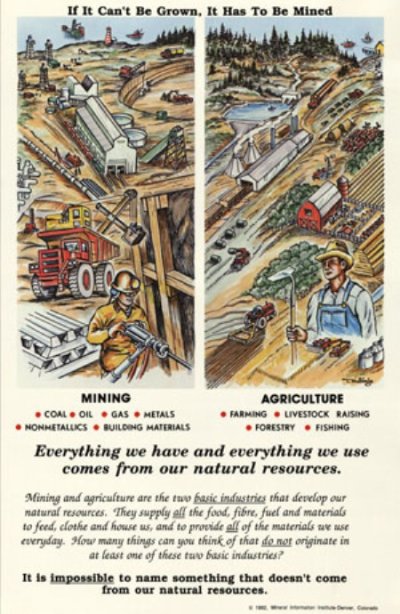haha
Give me a museum and I'll fill it. (Picasso) Give me a forum ...
Technology stock picks & industry news: Tech Ticker, Yahoo! Finance
Wonderful! Afghanistan can go from a backward, but relatively environmentally clean country, to a backward but environmentally despoiled country.
Would you prefer to look out you window and see a poppy field, or a lithium mine?
Ha
Wonderful! Afghanistan can go from a backward, but relatively environmentally clean country, to a backward but environmentally despoiled country.
Would you prefer to look out you window and see a poppy field, or a lithium mine?
Ha



